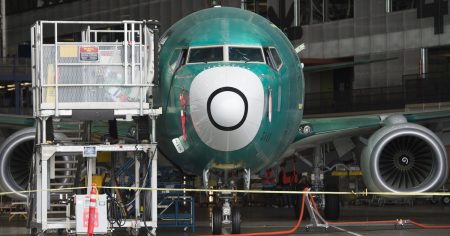The Biden administration announced on Earth Day the recipients of $7 billion in funding for the Solar for All program, which aims to expand rooftop and community solar power to 900,000 households in low- and moderate-income communities. The program, which uses a mix of grants and low-cost financing, will serve all 50 states, Puerto Rico, and other territories, increasing solar access for tribal governments. White House Climate Advisor Ali Zaidi described the program as emblematic of the bold climate action championed by the president from day one.
One of the recipients of Solar for All funding is the Capital Good Fund, which plans to use the award for its Georgia BRIGHT solar leasing program, estimated to serve about 21,000 low-income households over five years. The program is designed to allow nonprofits and low-income families to benefit from federal tax credits for solar installations through a reduced-rate lease program. This approach lowers upfront costs and enables people with modest financial means to enjoy energy savings from solar power, while also addressing other issues such as outdated breaker boxes and aging rooftops.
Solar for All is part of the Greenhouse Gas Reduction Fund (GGRF), a $27 billion suite of programs aimed at increasing clean energy and energy-efficiency investment in lower- and medium-income communities. The GGRF also includes the National Clean Investment Fund and the Clean Communities Investment Accelerator. While the GGRF has been praised by environmental activists for its potential to improve access to the clean-energy economy, it has faced criticism from budget watchers and congressional Republicans who view it as a “green slush fund.” Despite opposition, President Biden has expressed his support for the program and vowed to veto any bill seeking to repeal it.
In addition to Solar for All, the White House made several other environmental program announcements on Earth Day. These included an expansion of the American Climate Corps to offer job-training programs in clean-energy occupations, as well as groundbreaking events for projects like the Brightline West train connecting Las Vegas and the Los Angeles area. The high-speed passenger rail line, set to be operational by 2028, will be built mostly in the median of Interstate 15, highlighting the administration’s commitment to sustainable transportation solutions.
The Solar for All program is being praised for its design and implementation, which aims to address the needs of communities that can benefit most from clean energy initiatives. By providing funding for training local workers in solar installation, as well as addressing other obstacles like outdated electrical systems, the program seeks to ensure that more households have access to affordable and sustainable energy solutions. Overall, the Solar for All program, along with the broader GGRF initiatives, represents a significant investment in climate action and environmental justice, supporting the transition to a cleaner and more sustainable energy future for all Americans.















